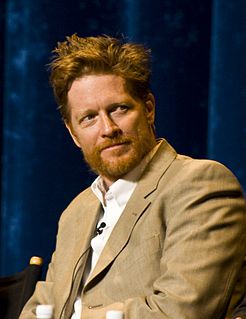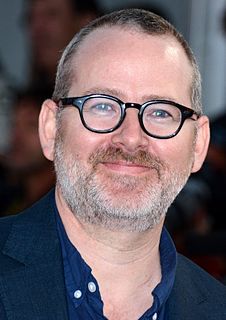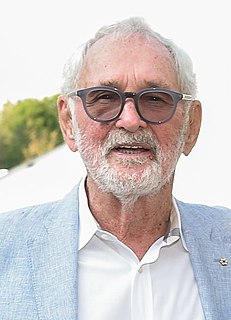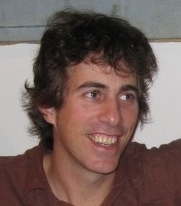A Quote by Alex Gibney
It's hard to make a living doing documentaries. Frankly, if it takes you five years to do a film, and that's the only film you're doing, you're in trouble.
Related Quotes
When you're doing a film and the majority of the film is cast black, for me, it's most important to get people to view those movies as just movies, as just good movies. At the end of the day, regardless of the color of the cast, we're all doing the same thing in this business: trying to make a good film.
I only want to make movies that I believe in, that I care about and that mean something to me. At the end of the day, that's the only reason I'm doing this. Hopefully I can continue to grow and challenge myself to try to do things I've never done before, and make different kinds of movies that still maintain what makes the film my film.






































